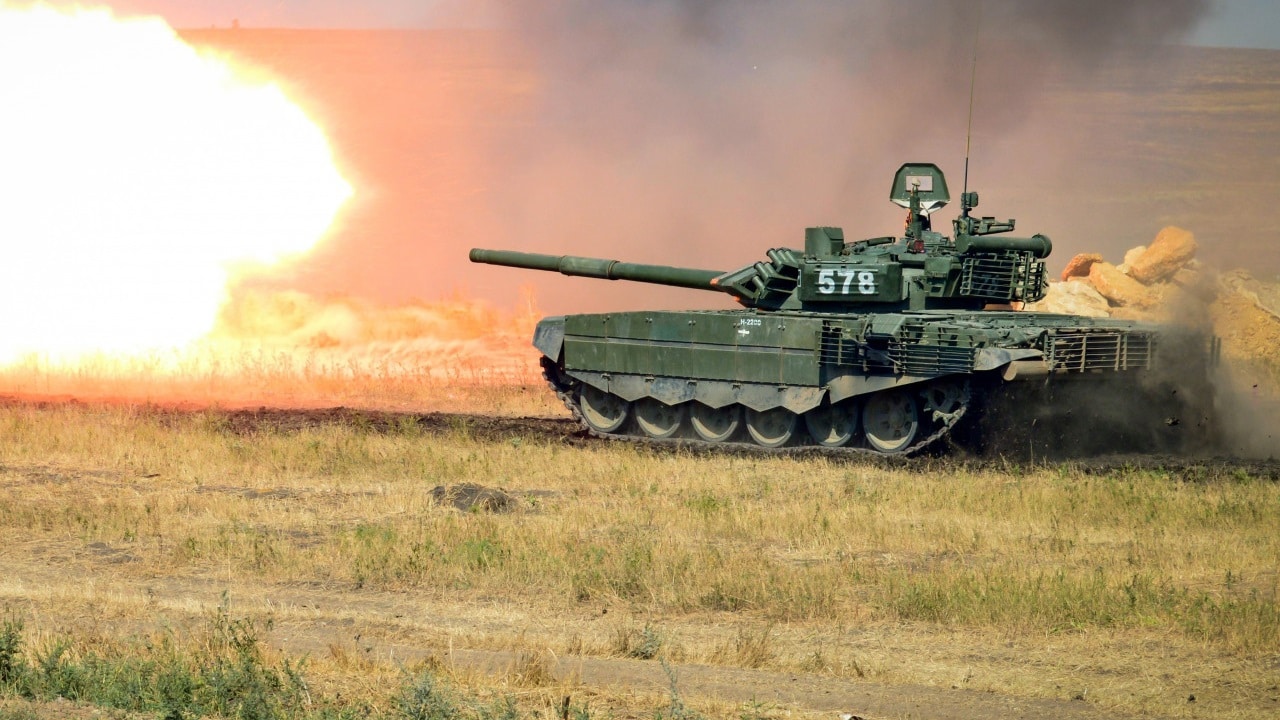Putin Allies and Aides Warn West Will Push Russia to Collapse – Russian news agency RIA Novosti revealed how Vladimir Medinsky, the chief negotiator for Russia in peace talks with Ukraine, recently told a meeting of an interdepartmental commission on historical education that Russia faces a big challenge from the West in the wake of economic sanctions against the country.
Speaking on Thursday, Medinsky also reaffirmed the Kremlin’s position on the so-called “special military operation” in Ukraine.
“The very existence of Russia, the Russian civilization, is at stake now,” he said. “I see few precedents to this moment in history. Dark times, the event of February 1917, the fall of the USSR in 1989.”
Medinsky’s reference to “February 1917” was a nod to the February Revolution, which saw Russian civilians rise up against the Russian monarchy. Mass demonstrations and armed clashes with the authorities lasted around eight days.
During the meeting, the Russian official warned that the West is “pushing for the collapse of a political system, of the whole country.”
U.S. Announces New Russia Sanctions
As the Russian economy begins to feel the hit of Western sanctions the United States announced a new package of sanctions against Russia on Thursday as U.S. President Joe Biden arrives in Brussels, Belgium, for NATO, G7, and EU talks.
The White House announced that new sanctions would be directed at over 400 Russian entities and individuals, including more than 40 defense companies and the Duma – Russia’s lower house of the Federal Assembly – and its entire 300 members.
What Sanctions Have Been Levied Against Russia So Far?
Sanctions imposed on Russia began before Russian President Vladimir Putin officially announced his invasion of Ukraine. On February 21, U.S. President Joe Biden signed an Executive Order announcing the first round of sanctions against Russia, banning some transactions involving the Donetsk and Luhansk regions of eastern Ukraine. The sanctions were implemented after Putin signed a decree recognizing the regions’ independence from Ukraine.
A day later, the White House implemented sanctions against two Russian banks, Russian oligarchs and their families, and Russia’s sovereign debt.
On the day that the invasion began, February 24, export controls were implemented, including restrictions on the export of virtually all American items. Export controls were also placed on technology, software, and equipment that were created using American technology or intellectual property.
On the same day, after the invasion began, the White House targeted ten additional Russian banks and banned Russian state-owned organizations and private entities from raising capital from the United States.
Later, sanctions were directed against the export of luxury goods to Russia, the import of Russian goods to the United States, and sanctions on the sale of all Russian oil, natural gas, and coal to the United States.
Jack Buckby is a British author, counter-extremism researcher, and journalist based in New York. Reporting on the U.K., Europe, and the U.S., he works to analyze and understand left-wing and right-wing radicalization, and reports on Western governments’ approaches to the pressing issues of today. His books and research papers explore these themes and propose pragmatic solutions to our increasingly polarized society.

